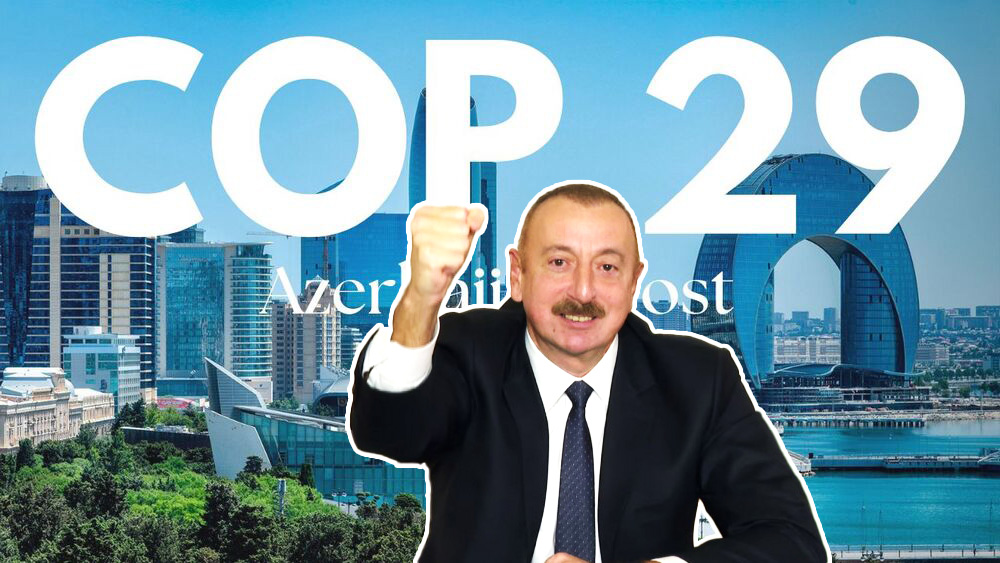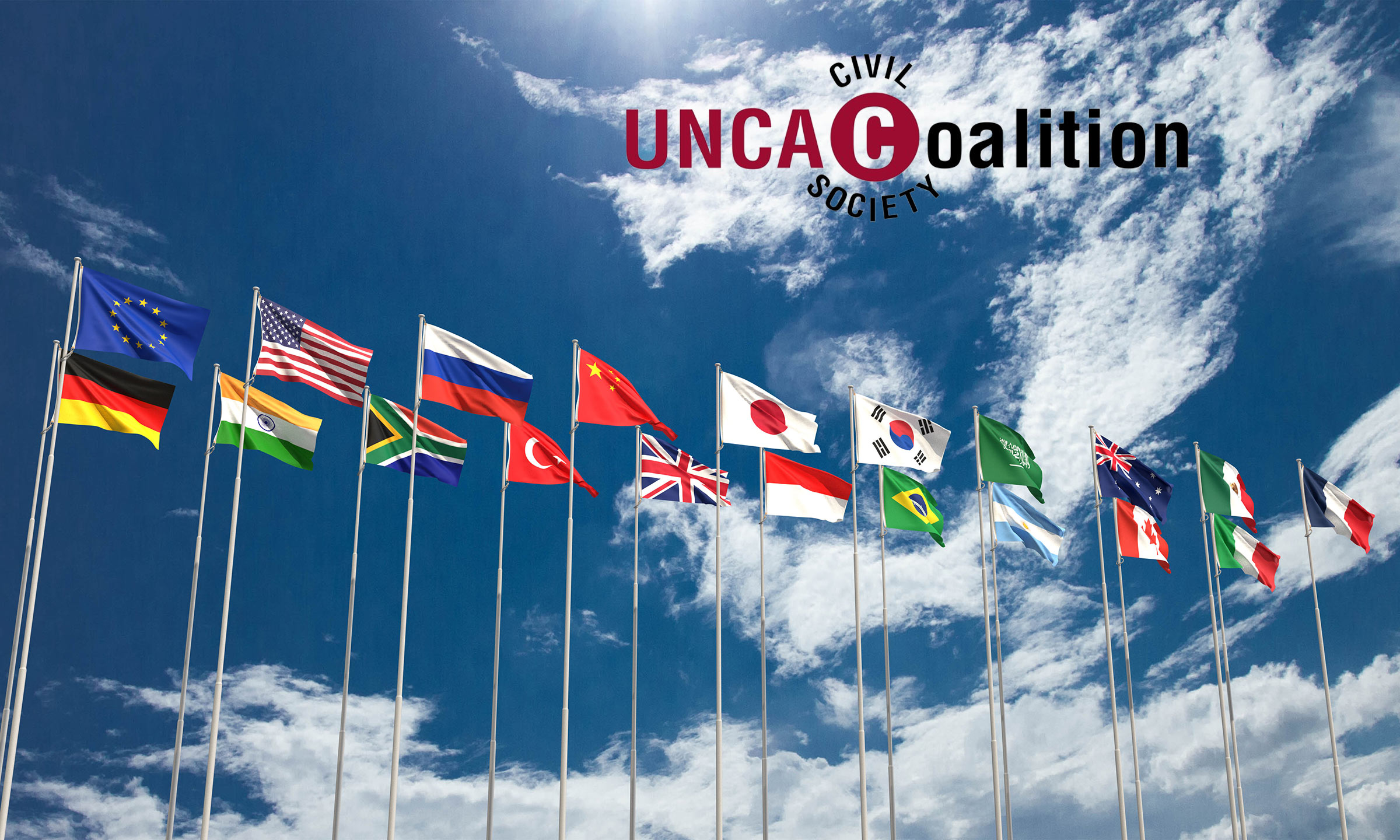On October 12, 2023, The New University in Exile Consortium hosted an online event called “The Suppression of Academic Voices,” featuring esteemed speakers Judith Butler, Michael Ignatieff, Steven Pinker, and Kenneth Roth, with an introduction by The New School’s President, Donna E. Shalala. This important event marked the 75th anniversary of the Universal Declaration of Human Rights and aimed to raise awareness about the unjust imprisonment of Azerbaijani economist, Dr. Gubad Ibadoghlu, who was arrested during a visit to Baku in July 2023 and has been detained under inhumane conditions ever since.
During this event, prominent figures from the worlds of academia, journalism, and human rights advocacy spoke about the importance of academic freedom and the need to defend the rights of scholars and activists to speak out against injustice. They also called for the immediate release of Dr. Ibadoghlu and other imprisoned scholars and activists around the world.
Dr Gubad Ibadoghlu, Senior Visiting Fellow, prominent economist & human rights activist, was recently arrested in Azerbaijan.
— LSE Statistics (@LSEStatistics) October 12, 2023
This seminar will help raise awareness of the conditions under the Aliev regime and will showcase Gubad's work.
Register here: https://t.co/5oYowXvxRg pic.twitter.com/Sc8Xx2O02g
Academic freedom is a fundamental human right that is often taken for granted in democratic societies but is under threat in many parts of the world. The imprisonment of scholars and activists who speak out against injustice is not only a violation of their individual rights but also an attack on the principles of freedom of thought and expression that underpin democratic societies. As Michael Ignatieff argued during the event, “Freedom of speech is not just a moral principle, it’s a social good. When you suppress speech, you suppress the freedom to think, to learn, and to experiment.”
The case of Dr. Ibadoghlu is just one example of the many scholars and activists around the world who are being targeted for speaking out against injustice. As Kenneth Roth, Executive Director of Human Rights Watch, pointed out, “Around the world, scholars, journalists, and human rights defenders are being arrested, harassed, and silenced for speaking truth to power.” Such attacks on academic freedom are often carried out by authoritarian regimes that seek to control the narratives around their own policies and silence critical voices.
Steven Pinker, a renowned cognitive psychologist, pointed out that the suppression of academic voices is not just a problem in authoritarian regimes but also in democratic societies, where there is an increasing trend towards “cancel culture” and the censorship of unpopular views. Pinker argued that “Universities and the press are the protectors of free inquiry, yet in recent years, we have seen a growing intolerance for open debate and the suppression of challenging ideas.” Pinker emphasized the need for all of us, as citizens, to be vigilant against attacks on academic freedom and to speak out in defense of those who are being targeted.
Dr Gubad Ibadoghlu, Senior Visiting Fellow @LSEIRDept, was recently arrested in Azerbaijan.
— LSE (@LSEnews) October 11, 2023
Join this seminar on 16 October which raises awareness of the political conditions under the Aliev regime, and will showcase Gubad's work https://t.co/uw9gG0rJjE
Judith Butler, a philosopher and gender theorist, spoke about the importance of solidarity across borders in defending academic freedom and human rights. Butler argued that “Solidarity is not just about sharing a concern for one person’s rights, it is about recognizing our interdependence and our responsibility to protect the rights and dignity of all.” In the case of Dr. Ibadoghlu, Butler pointed out that his arrest was not just an attack on him as an individual but also an attack on the pursuit of knowledge and the principles of academic freedom.
The suppression of academic voices is a serious threat to the principles of freedom of thought and expression that are essential to democratic societies. By targeting scholars and activists who speak out against injustice, authoritarian regimes seek to control the narratives around their own policies and silence critical voices. However, as the speakers at “The Suppression of Academic Voices” event argued, this is not just a problem in authoritarian regimes but also in democratic societies where there is an increasing trend towards censorship of unpopular views.

In defending academic freedom and human rights, global solidarity is essential. By showing support for imprisoned scholars and activists, and by speaking out against attacks on academic freedom wherever they occur, we can send a message to authoritarian regimes and others who seek to silence critical voices: we will not be silenced. As Judith Butler argued, solidarity is not just about sharing a concern for one person’s rights, it is about recognizing our interdependence and our responsibility to protect the rights and dignity of all. Let us stand in solidarity with Dr. Ibadoghlu and all those who are being targeted for speaking out against injustice.



